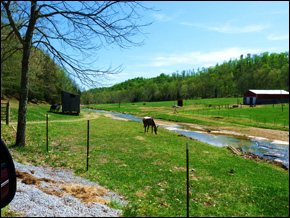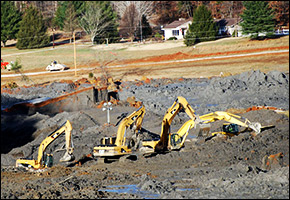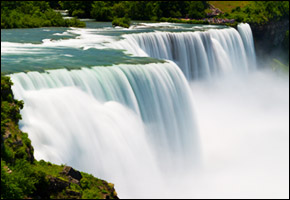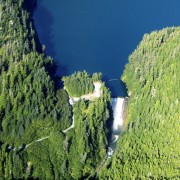Clean Water Act Proposal Would Strengthen Federal Protection
Opponents call the proposal a federal power grab, while the bill’s author says it would restore the original intent of the landmark water legislation.

Legislation to broaden the scope of the Clean Water Act has run into opposition from Western farmers, ranchers and lawmakers who see it as a power grab by the U.S. federal government.
The bill’s author, Rep. Jim Oberstar (D-Minn.), insists that his goal is simply to restore the original intent of 1972’s landmark water protection law, which he worked on as a staff member for one of the bill’s original authors.
Oberstar’s bill—the America’s Commitment to Clean Water Act—has drawn support from environmental and conservation groups including Clean Water Action, the National Wildlife Federation and Trout Unlimited. Other groups including the American Farm Bureau Federation and the Waters Advocacy Coalition, which includes farming, cattle, building and manufacturing groups, oppose the bill.
Oberstar’s bill was co-sponsored by two Michigan legislators, Reps. John Dingell (D-Mich.) and Vern Ehlers (R-Grand Rapids).
While the Senate’s Environment and Public Works Committee passed a similar bill to Oberstar’s last summer despite Republican opposition, the full Senate has not taken up the legislation.
Oberstar’s bill would widen the Clean Water Act to apply to all U.S. waterways, not just navigable ones. It would reverse the effect of two divided Supreme Court decisions—in 2001 and 2006—that narrowed the law’s scope by declaring that it was limited to navigable waters. The decisions were in contrast to a 1985 Supreme Court decision that the act regulates wetlands that are adjacent to navigable waterways.
Some of the confusion is due to the wording of the Clean Water Act itself, which refers to “navigable waters” in several places but also more generically to “waters of the United States, including the territorial seas.”
Western Republicans are leading a charge against the bill, saying it would give the federal government unprecedented power over water on private land.
Rep. Rob Bishop of (R-Utah), who heads the Western Congressional Caucus, issued a statement saying the government is “seeking to gain control over every drop of water, from backyard puddles to the arid playas of the West.” The statement was signed by 11 GOP lawmakers.
Oberstar introduced a similar bill in 2007, but the bill was blocked by a veto threat from then-President George W. Bush. He was also involved in passing the original legislation in 1972, as a staff assistant to Minnesota Congressman John Blatnik, one of act’s authors.
“There was never any doubt that the Clean Water Act was to have broad authority,” Oberstar said in a statement. “There were no limits on the number of streams, lakes or shorelines to be protected.”
Sources: Rep. Jim Oberstar, Rep. Bob Bishop, Salt Lake Tribune, Washington Times









